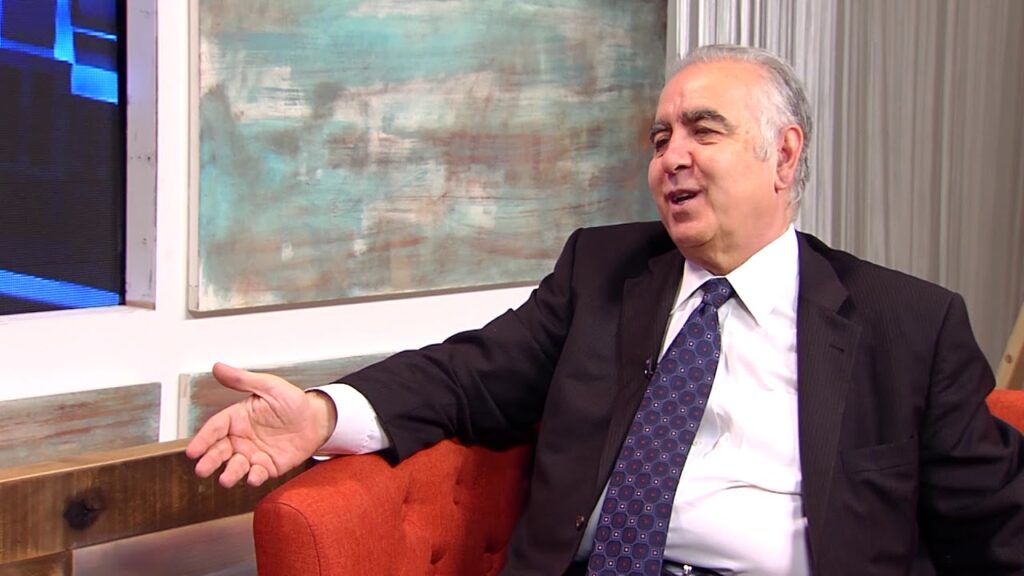During the past one thousand years, the relationship between the two neighboring Islamic states of Persia and the Ottoman Empire vacillated between peaceful coexistence and outright war. The populations of these two states were not only of different ethnic and linguistic backgrounds, but were also divided in their Islamic faith — the Persians were Shia, while the Turks were Sunni. The divisions between Iran and Turkey continue to this day.
Many readers are familiar with the anti-Turkish references in the works of Western writers, particularly after successive episodes of Armenian massacres leading to the 1915 Genocide, such as the damning words of French writer Victor Hugo, “The Turks have passed by here, all is in ruins and mourning.”
Yet, little is known about references in Persian literature regarding Turks. Roubina Ohanian, an Armenian native of Iran, now residing in Glendale, California, has filled that void with her book, “The Interpretation of the Name and Word Turk in Iranian Literature.” Ohanian has meticulously researched and translated from Farsi into Armenian dozens of lines from several notable Persian poets from the Middle Ages who had penned their highly negative impressions of Turks, revealing that Iranian antipathy toward Turks has long roots.
The Persian references regarding Turks come from such well-known poets as Ferdowsi in the 10th Century and Hafez in the 14th Century. Turkic tribes first invaded Persia in the 11th Century, followed by the Seljuks. In the 13th Century, Iran was conquered by the Mongols and then by Turkmen tribes who were finally defeated in 1592 AD. Many wars ensued between Persia and the Ottoman Empire in subsequent centuries.
Ohanian has presented in her book quotations from 13 Persian poets and writers. While Armenians have their own tragic memories of oppressive Turkish rule, it is interesting to learn of the similarly negative experiences of other nations that came in contact with Turks.
Here are several lines from Persian Middle Age poets translated by Ohanian from Farsi to Armenian which I have translated to English:
Ferdowsi (925 – 1020 AD):
“No one has learned wisdom from Turks,
No one will obey a Turk.”
Asadi Tusi (11th Century):
“No one ever saw any loyalty from a Turk;
From Iranians they have seen nothing but loyalty.”
Khawaja Abdullah Ansari (1006 – 1088 AD):
“It would be surprising that a Turk would understand love,
As it would be surprising that a Turk does not rob and steal.”
Nizami (1140 – 1203 AD):
“Even the King did not know,
No such thing as a loyal Turk.”
Anvari (12th Century):
“As you have not started your journey with your gentle horse,
Don’t leave, the road is full of bloodthirsty Turks.”
Khaghani (1120 – 1190 AD):
“Drinking blood with a friend is an old tradition,
Turks are blood drinkers and don’t recognize their friends.”
Saati (1184 – 1283 AD):
“At that time you sent me a student,
A Turk; there was no one worse than him.”
Many of these Persian descriptions of Turks would be viewed today as racist as they unfairly label all Turks with the same stereotype. All nationalities have some good and bad among them. The real problem, however, is the violent policies of the Turkish state that brutally oppressed minorities and conquered nations, resulting in mass crimes and genocide against Arabs, Armenians, Assyrians, Cypriots, Greeks and Iranians!
